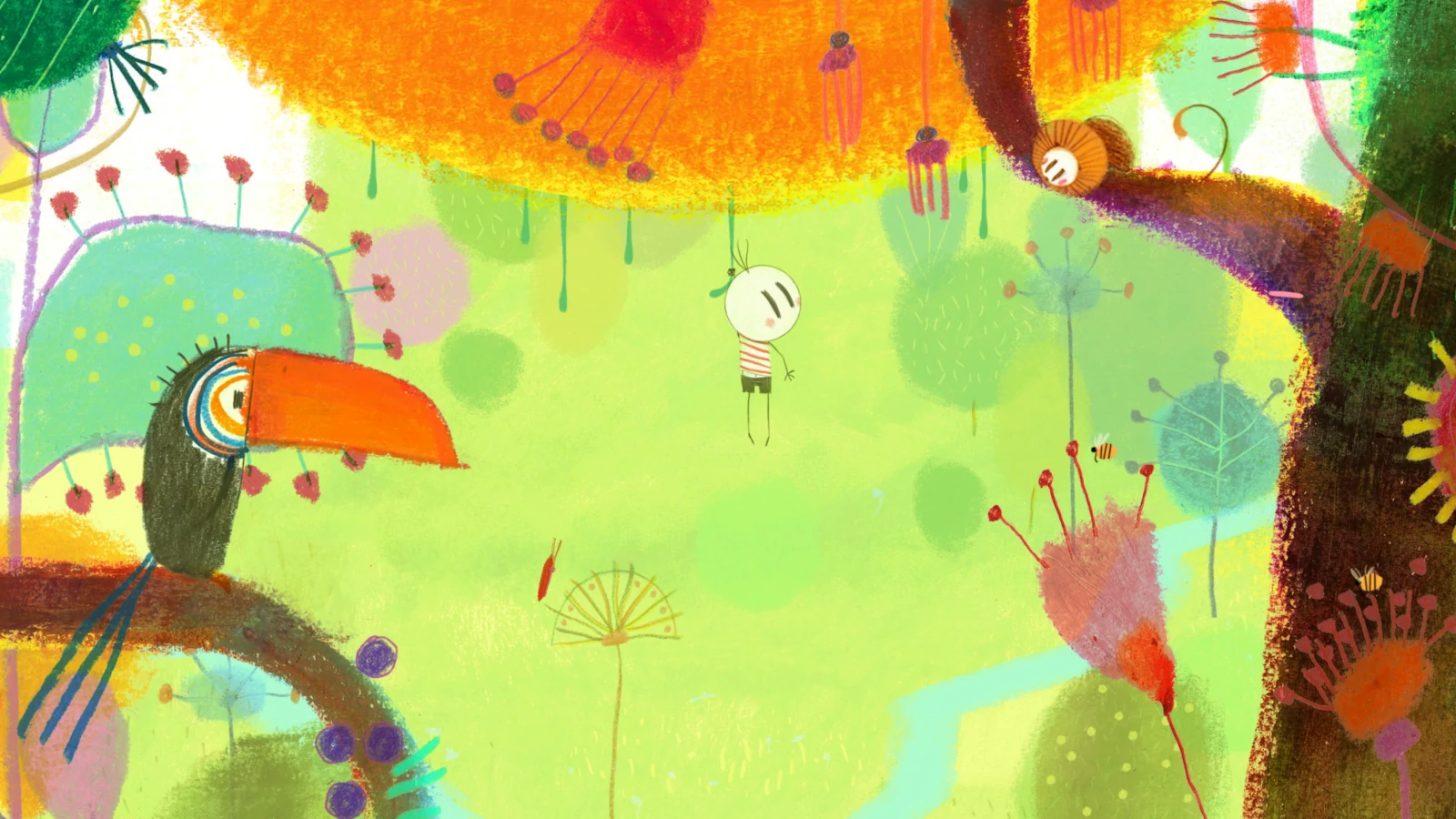
Teen Movies, Psychedelics, and Rapping Backwards in Portuguese
Words By F(r)iction Staff
Jerakah Greene
Everyone is abuzz about Booksmart, but I can’t stop/won’t stop begging everyone I know to see it in theaters. Not only is the soundtrack absolutely killer, but it is such a real film. The jokes, the premise, and the friendship are all unbelievably real. To see a young queer girl navigating high school without it being the main component of her story is so refreshing, and something I desperately needed as a teenager. And the dialogue! The jokes! Olivia Wilde created a relevant film that will remain in the canon of teen cinema forever. Seriously—this film will take its place next to Legally Blonde and 13 Going On 30. Everyone, go see Booksmart!
Andrew Jimenez
I’ve finally gotten around to reading How to Change Your Mind, Michael Pollan’s exploration of recently renewed scientific research into the healing powers of psychedelics. The book begins with a bit of prolonged foreplay—as I imagine, due to the potentially scandalous subject matter, the author feels the need to convince a skeptical reader that he is not a druggie or a hippie. And he makes it clear that before researching this book he had no interest in (or even any real knowledge of) psychedelics beyond one minor excursion in college. However, once Pollan gets over trying to convince you he’s a “healthy normal,” the real magic of this book kicks in—beginning with an account of clinical trials performed at Johns Hopkins studying the effects of psilocybin on a group of “spiritual but not religious healthy normals.”
From there, the book covers the science of mycology—focusing on psilocybes specifically—the troubled history of psychedelic-aided therapy, and peaks with the author’s own guided therapeutic trip. Those looking for cool drug stories, however, will be disappointed; the book’s intention is make a case for the clinical and therapeutic powers of psychedelics, arguing that these drugs present us with the paradox of opening a window into the divine through the most materialist of all earthly things—plant matter.
Kaley Kiermayr
I am just one of many currently rereading The Goldfinch in preparation for the film release in the fall. The Goldfinch is a coming-of-age story about art and grief from the perspective of a flawed and conflicted character. It took over a decade to write and publish, which will make more sense when you understand the scope of it: 784 pages. It’s satisfyingly intricate and philosophical in the best way. This is a book I will pull out and reread every ten years or so, because there’s just so much to unpack and many ways to experience it. There’s a lot to love, but my personal fascination (at the moment—ask me again tomorrow) is with the way Tartt captures setting.
Giancarlo Riccobon
I’m still reeling from watching O Menino e o Mundo (Boy and the World), an indie animated film from Brazil. The movie follows young Brazilian boy named Cuca, whose family is torn apart when his father leaves for the city in search of work. With only a photo of his father and a vague idea of where he’s going, Cuca sets off in search of his missing dad. The film is mesmerizing—an explosion of brilliant colors. Everything looks as though it’s been hand-painted. It’s amazing how the animators can make you care about a stick figure with no mouth and two slits for eyes.
The director, Alê Abreu, deftly shows viewers the world from a child’s eyes. All the machines in the film are designed to resemble animals, because, to a boy who’s never seen a tree harvester before, of course it looks like a tree-chomping monster. There’s little dialogue in this film, and when characters do speak, it’s in backwards Brazilian Portuguese, because, to a child, adults might as well be speaking backwards Portuguese. The movie is playfully surreal. A cart full of cotton becomes so light and fluffy that Cuca can swim in it. Later, a washed-up cotton worker is soon literally washed-up in a merciless storm at sea. But the film has much darker undertones. It’s full of clever political and environmental commentary, and it seems that every time Cuca is close to finding happiness, he loses it again when he resumes searching for his elusive father. If for nothing else, see it for the backwards rapping in Portuguese.
Evan Sheldon
I am rereading Night Sky with Exit Wounds by Ocean Vuong. I have his new novel, On Earth We Are Briefly Gorgeous, waiting on me at the library and I wanted a refresher of his work before diving in.
Night Sky with Exit Wounds is Vuong’s first full-length poetry collection and it went on to win the Whiting Award. Filled with lovely imagery, but not so image-laden as to not be accessible, this collection dives into big topics (love, family, sexuality) without ever seeming didactic. Each poem feels purposeful and true, and while the form for each poem varies, this only serves to enhance the experience of the collection as a whole.
This collection is published by Copper Canyon Press who, by the way, also have published Jericho Brown and Camille Rankine, so you know that they are the real deal in poetry. If you don’t have time to read Vuong’s whole collection, be sure to at least check out the poem “Queen Under the Hill.” It is unforgettable.